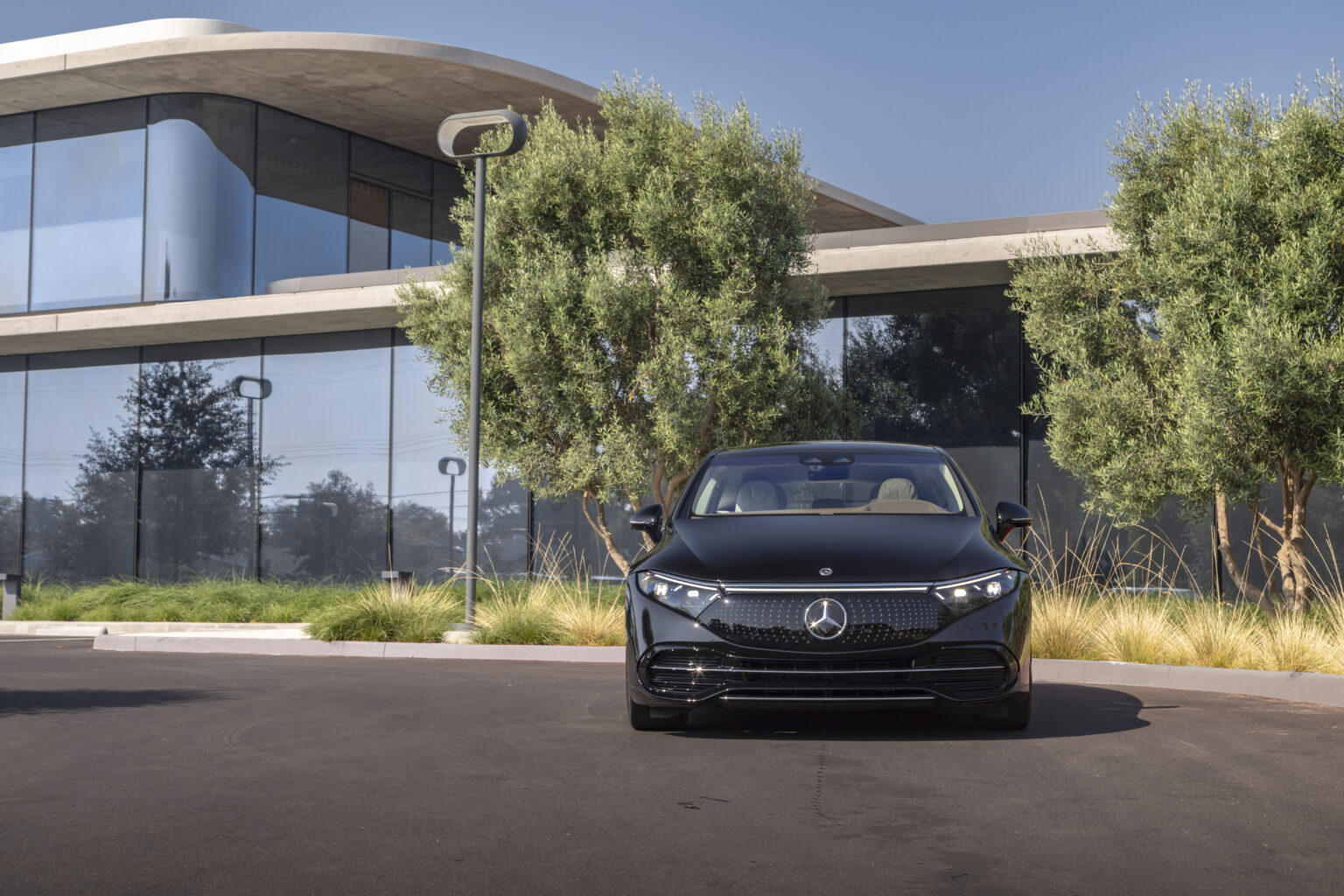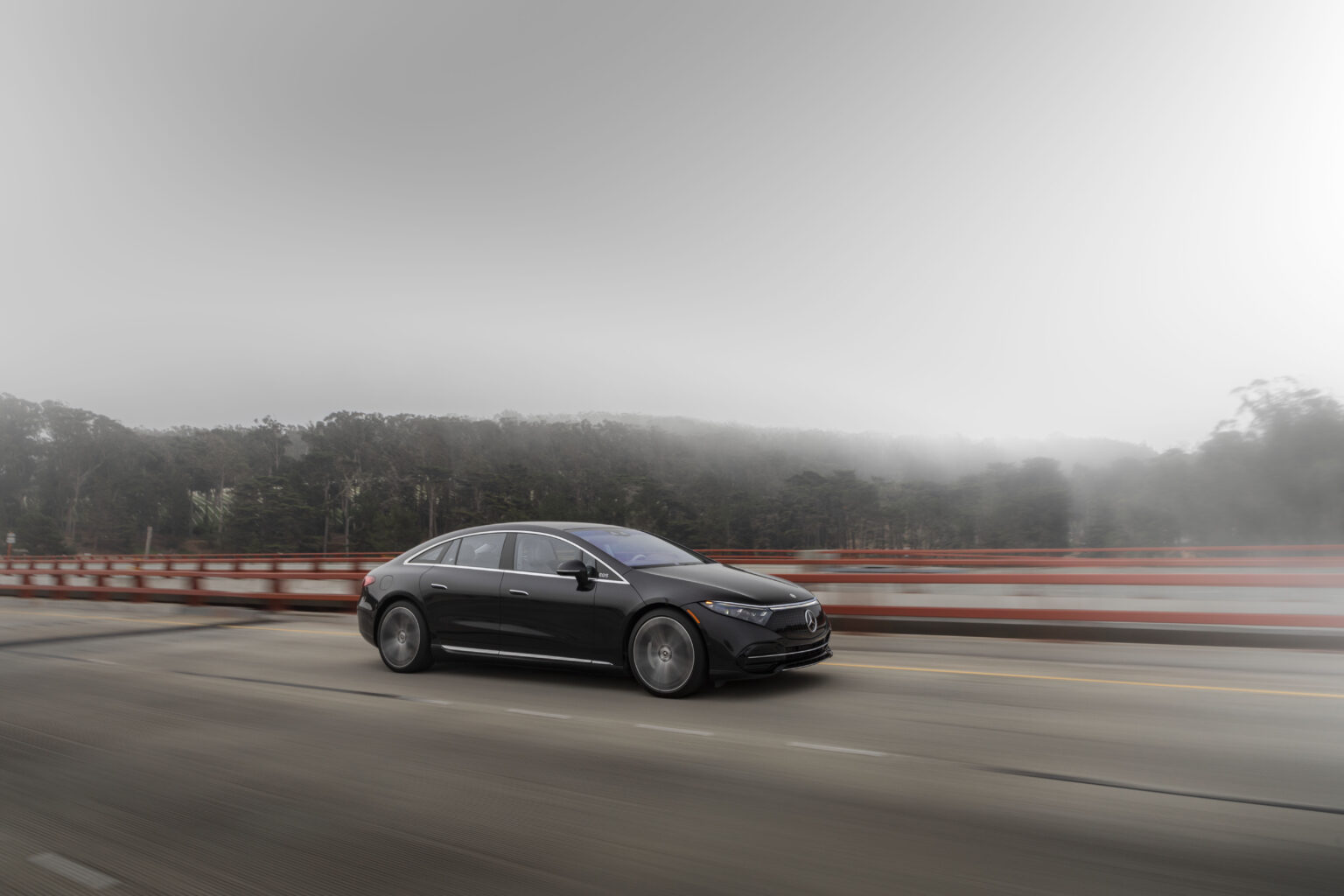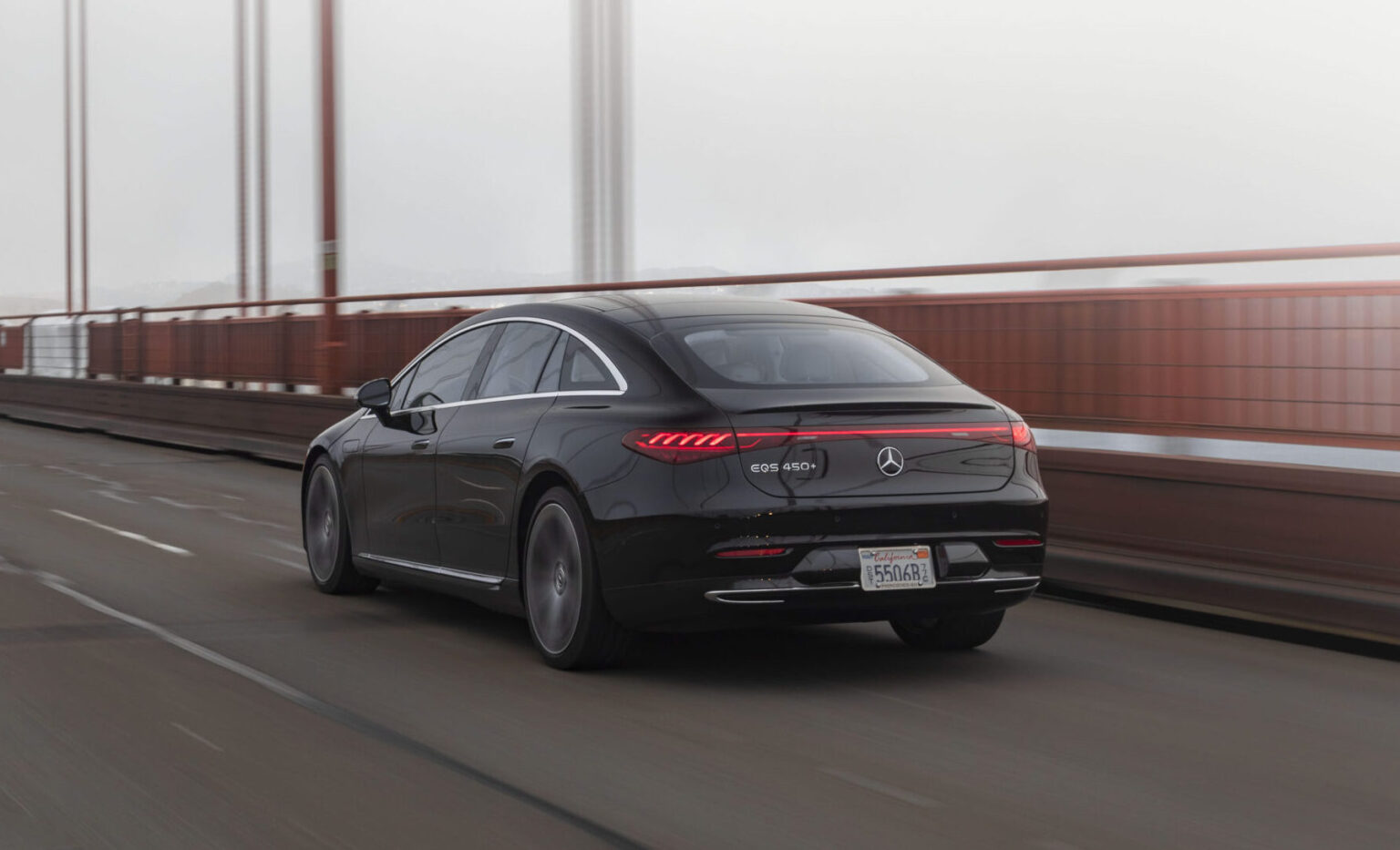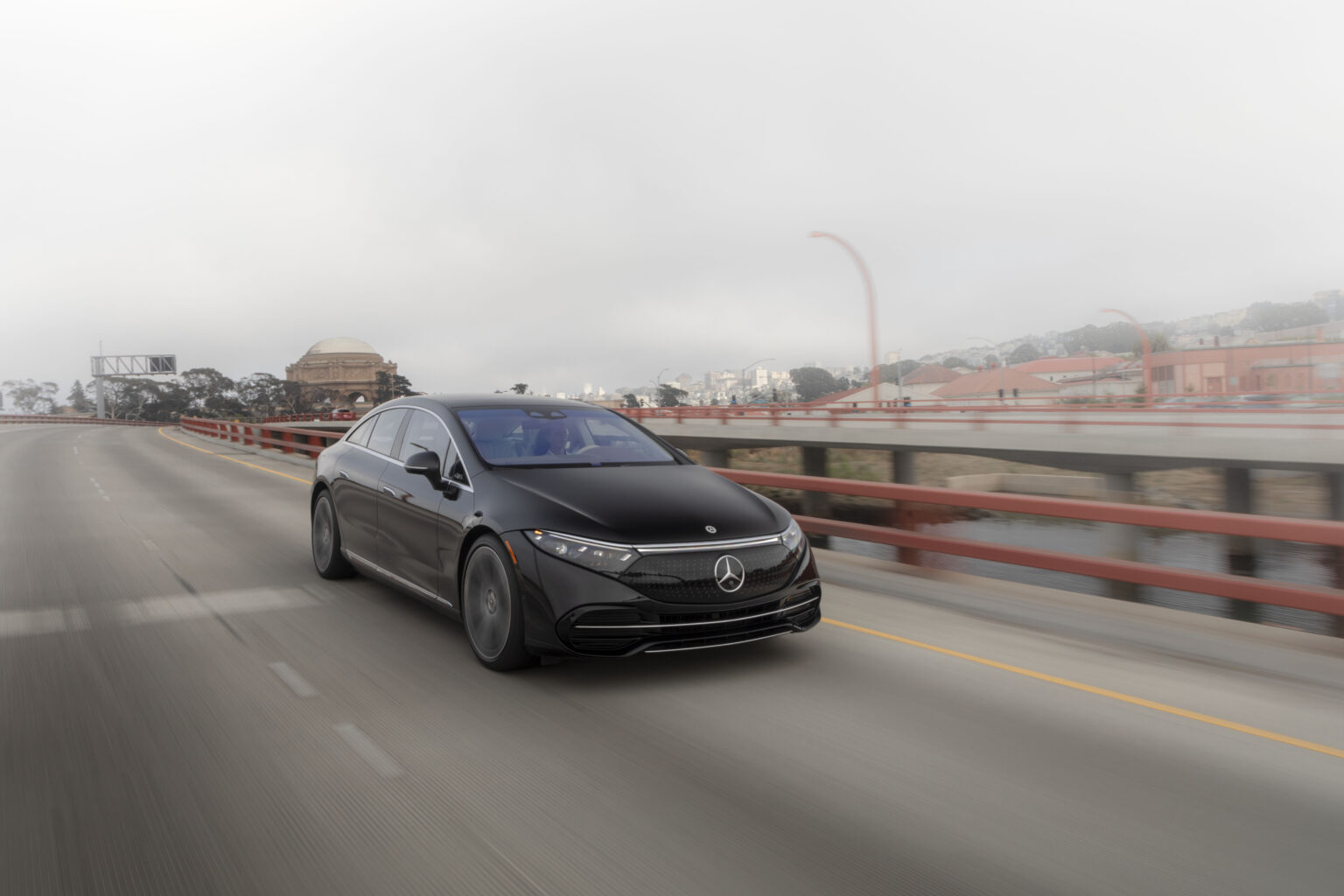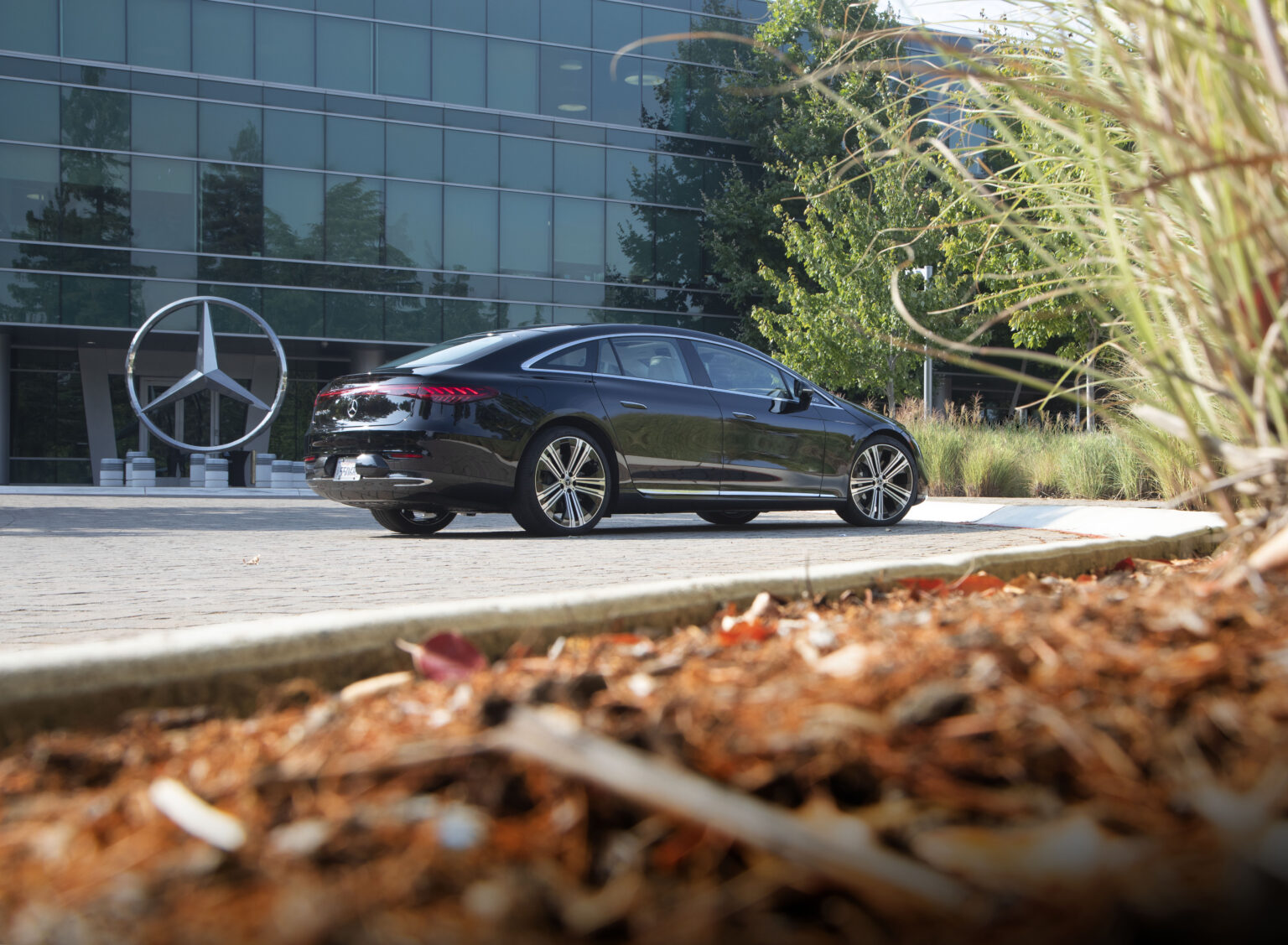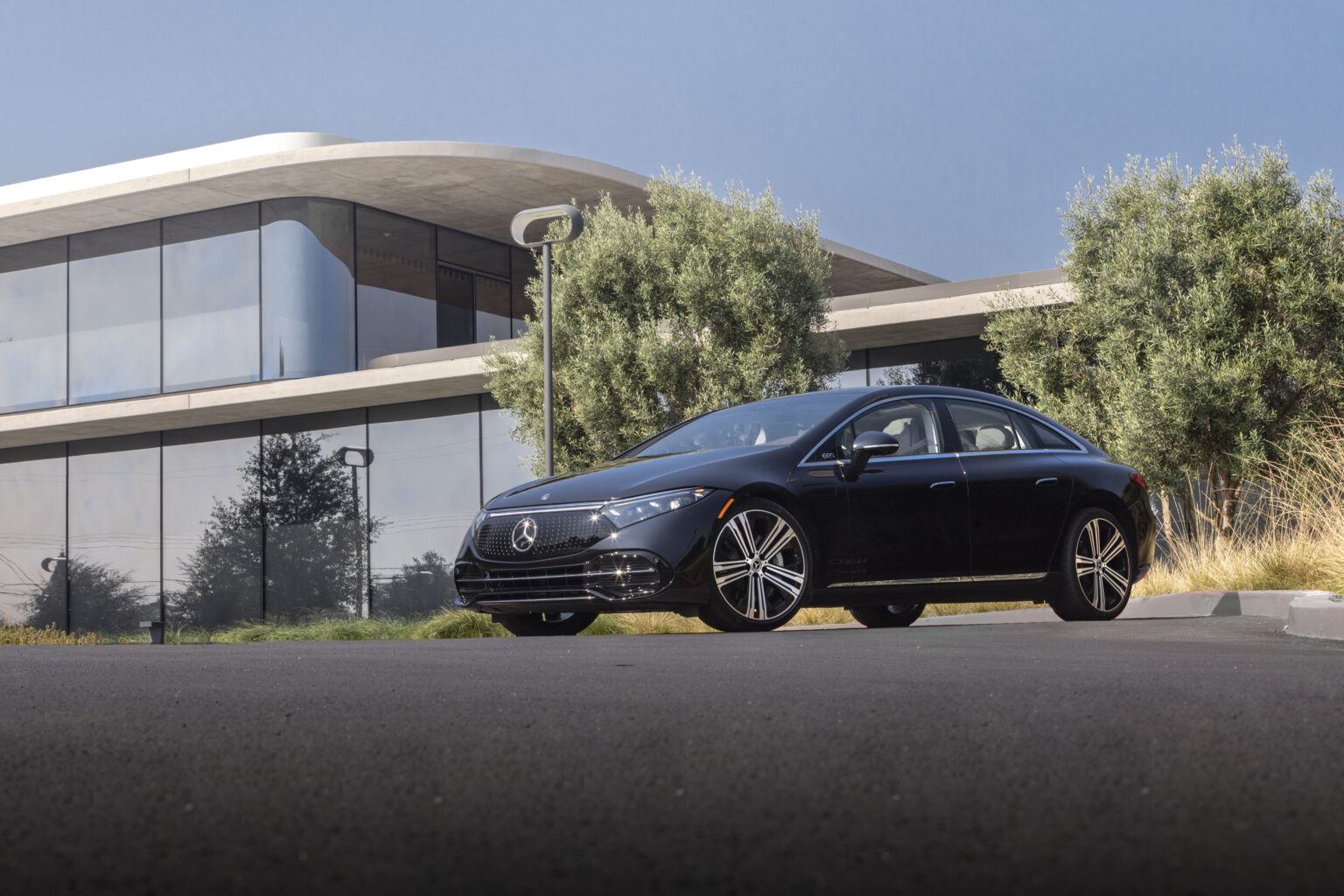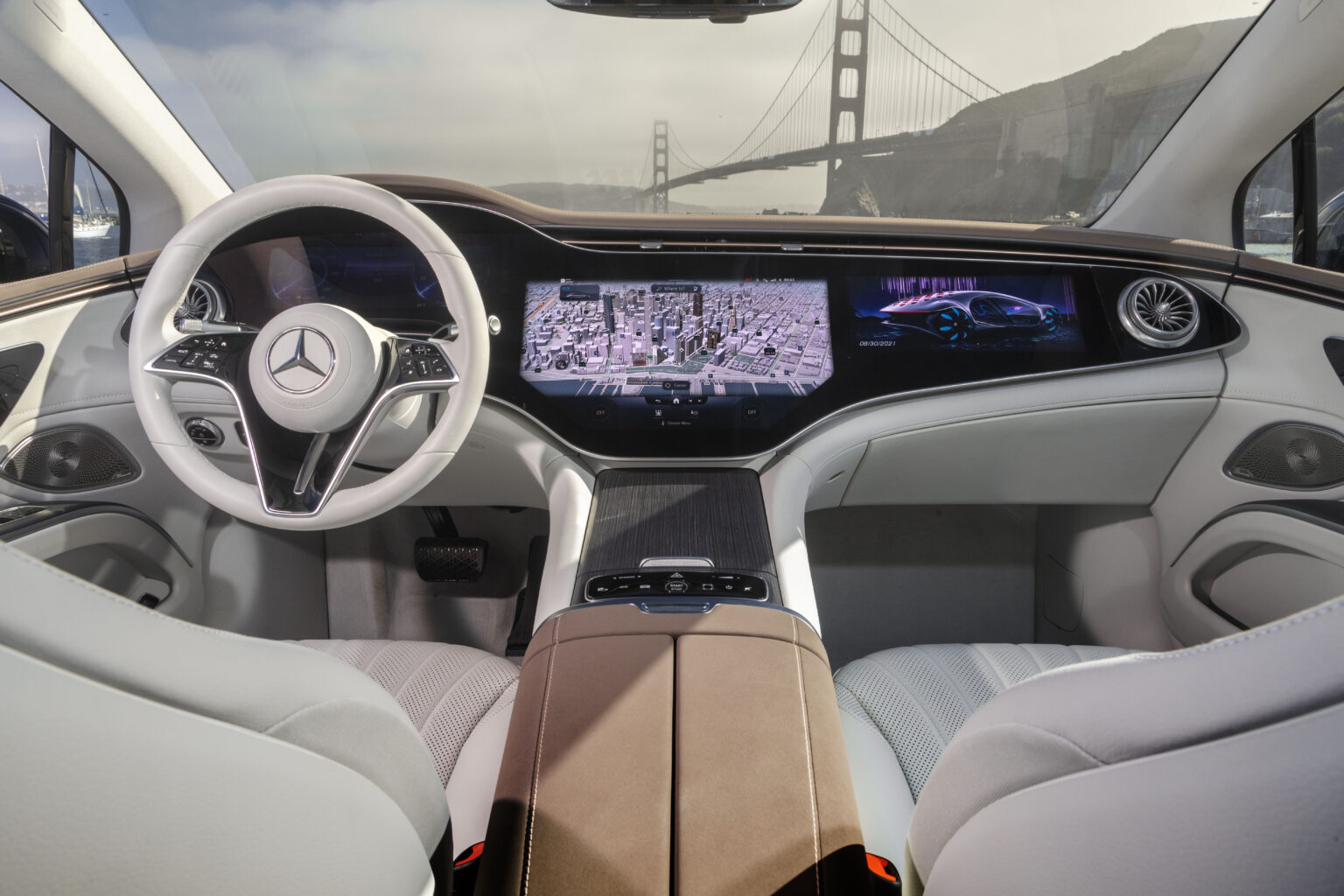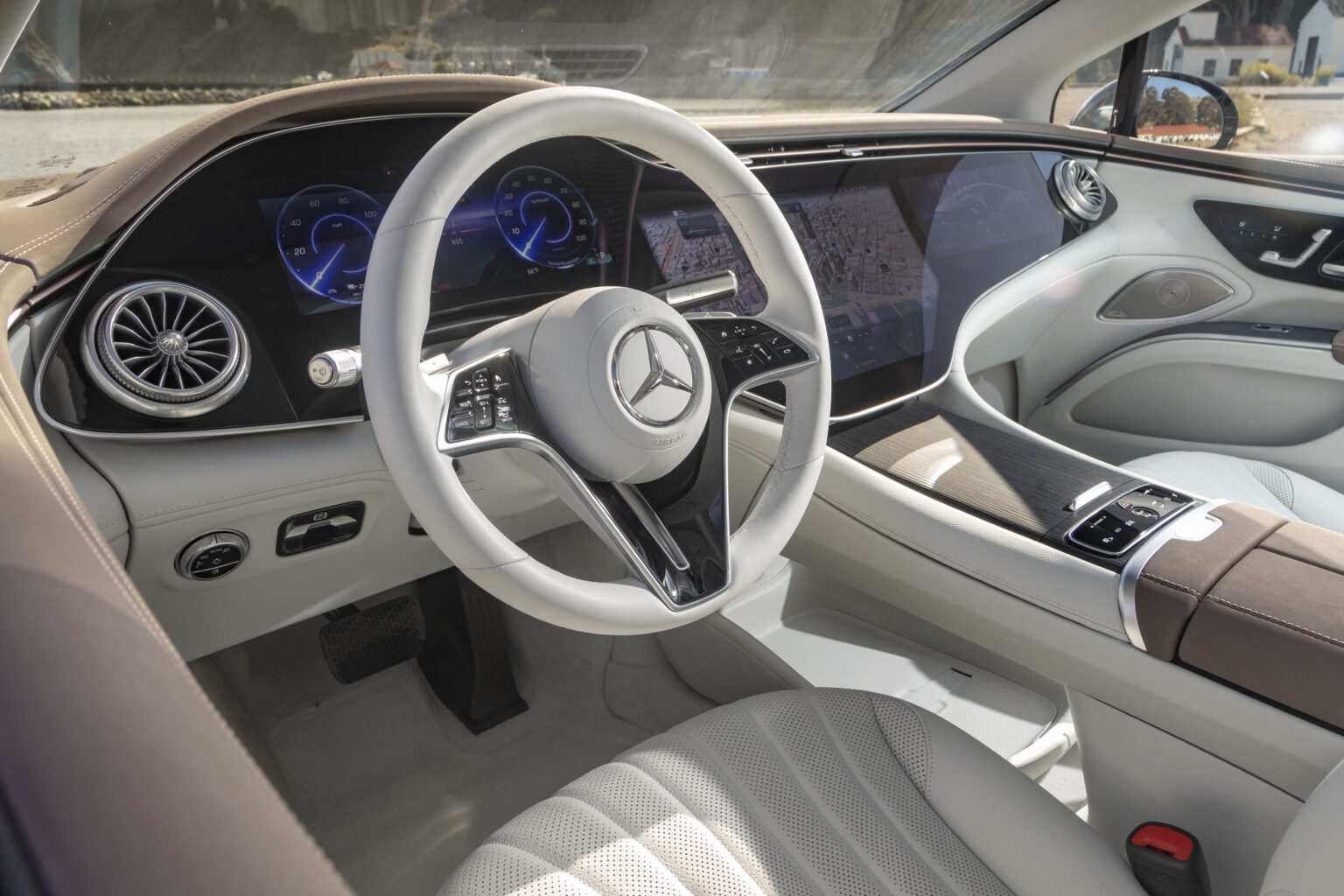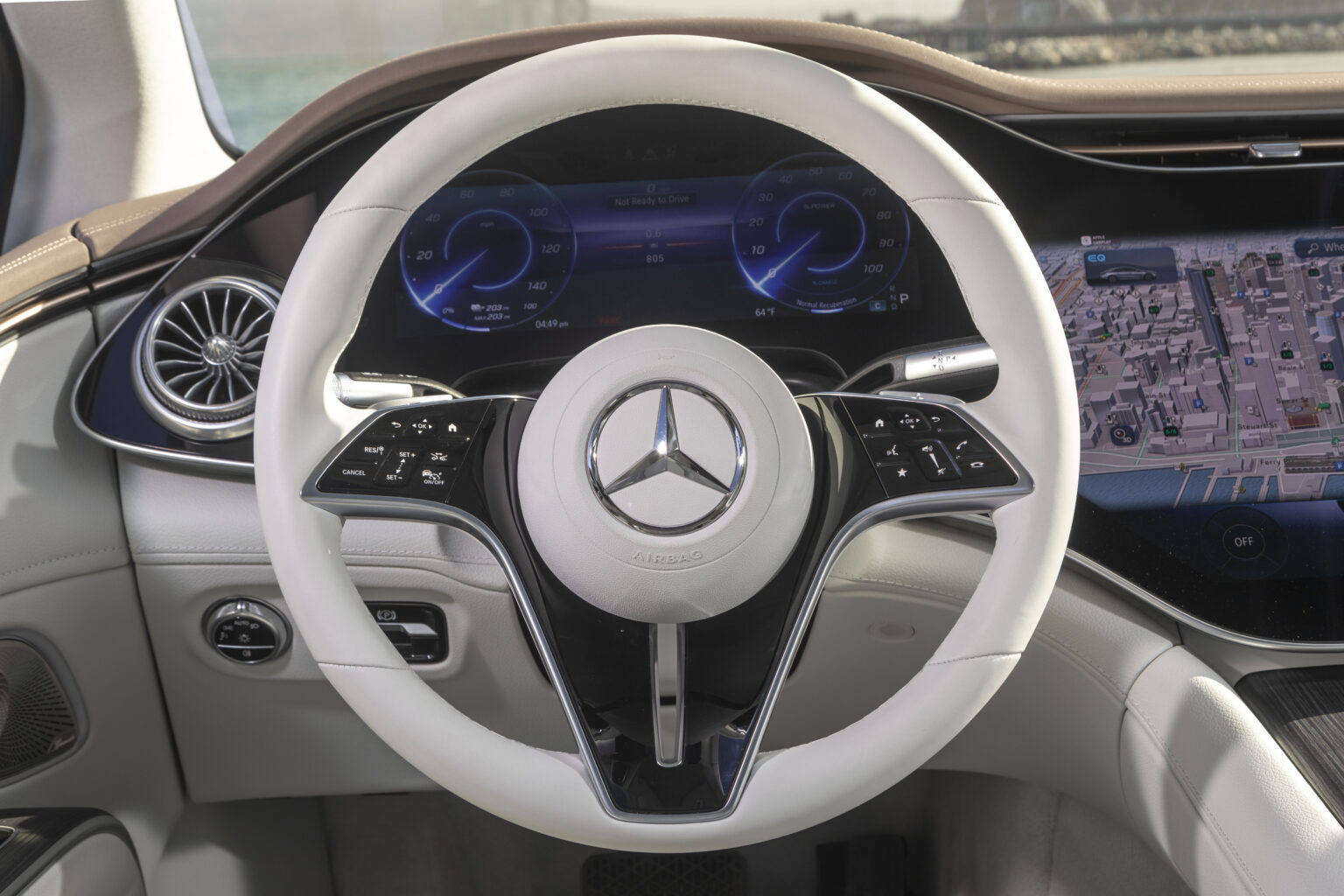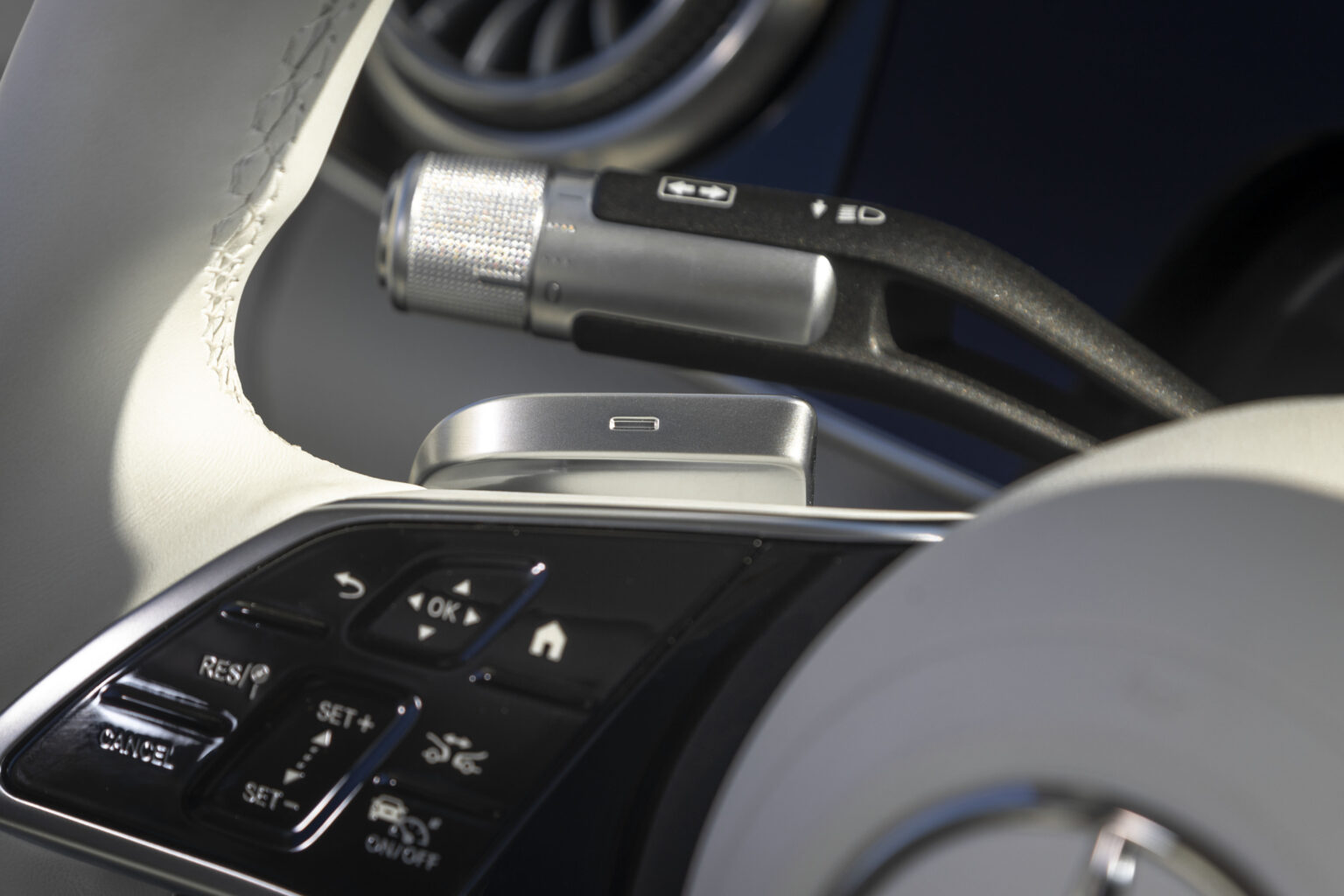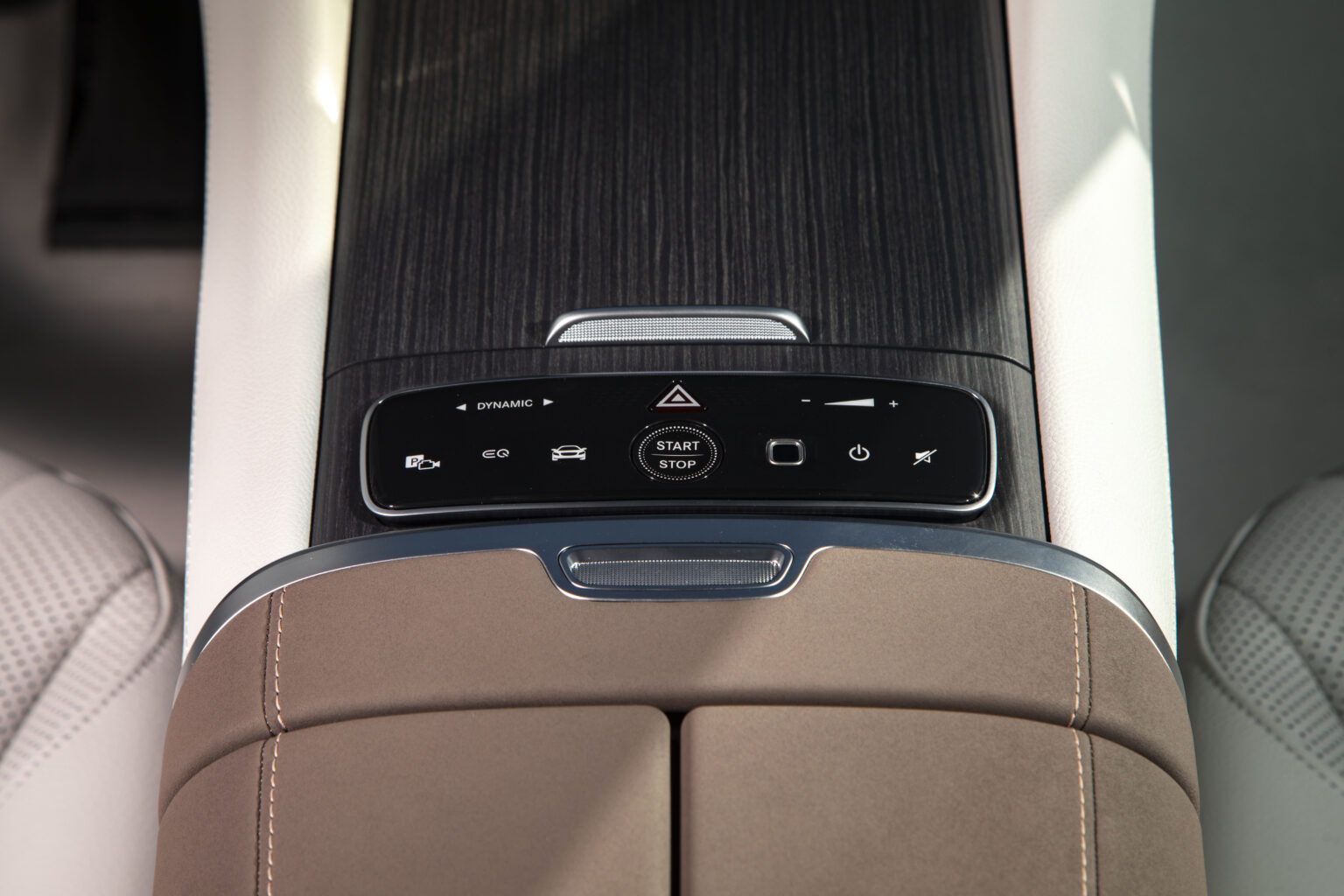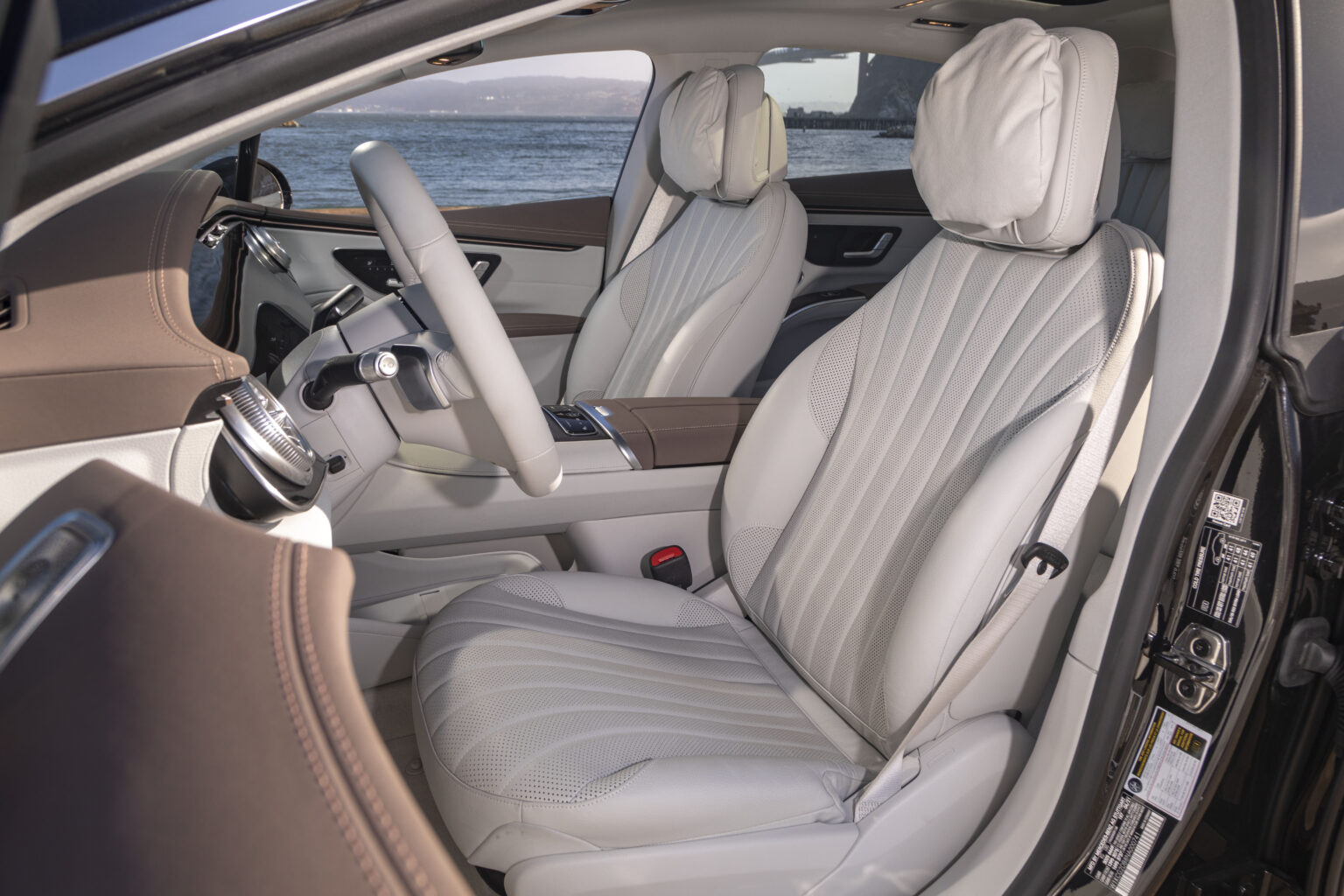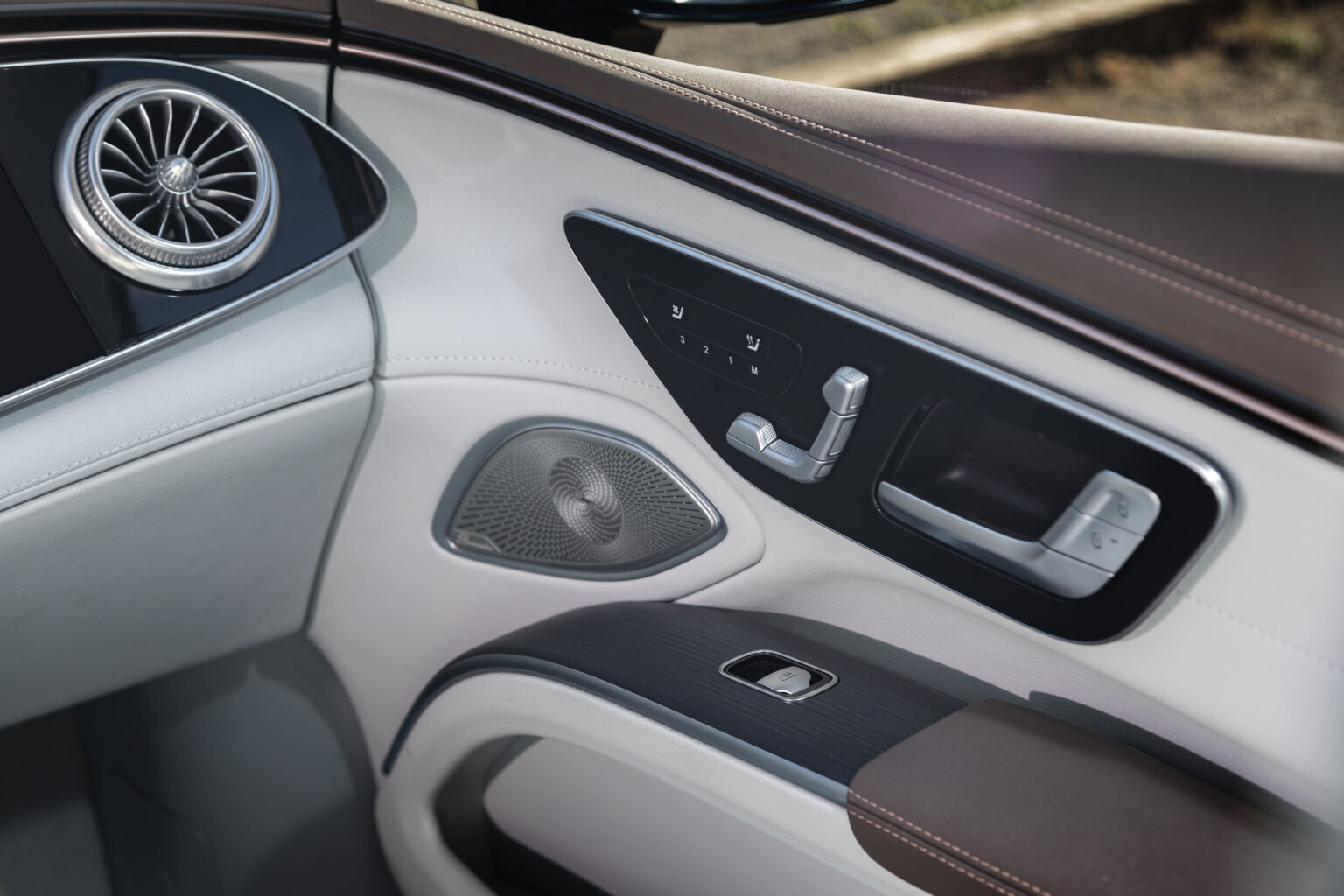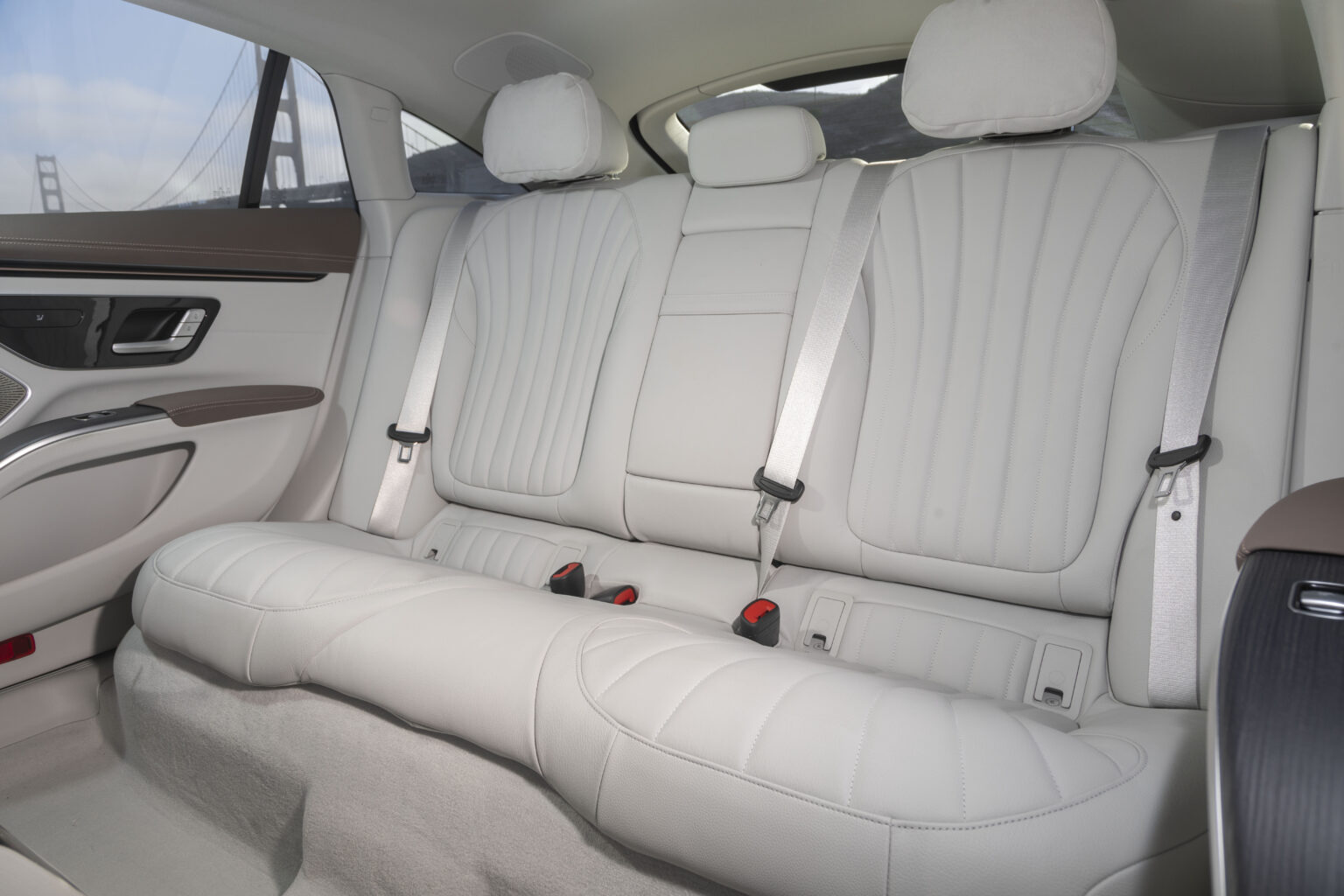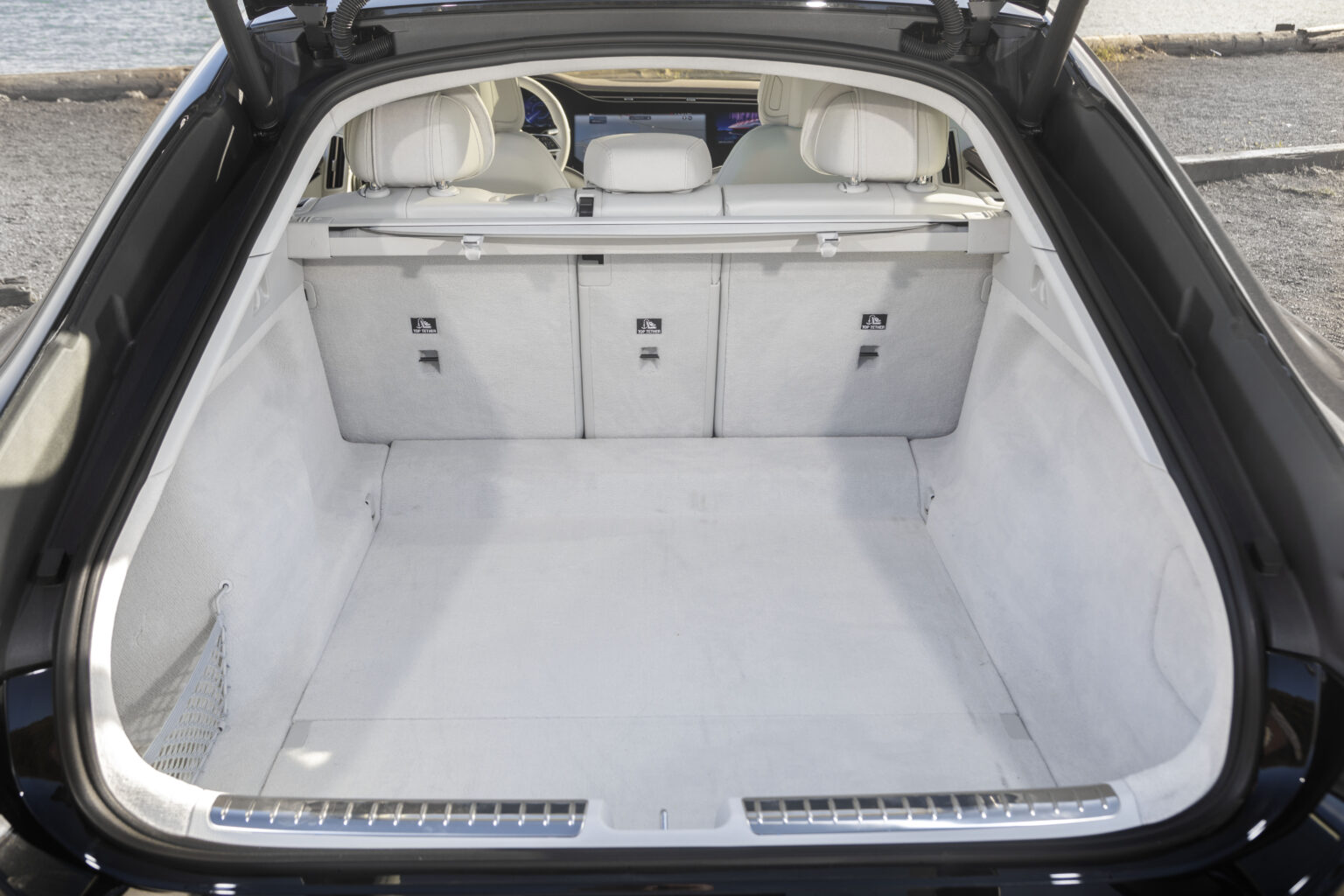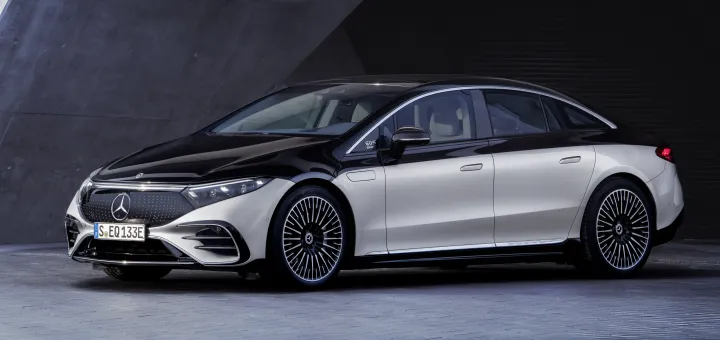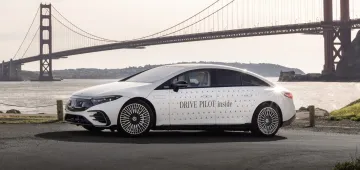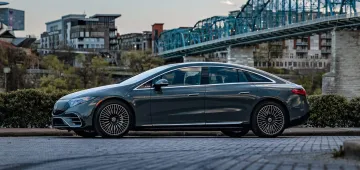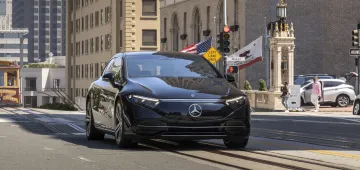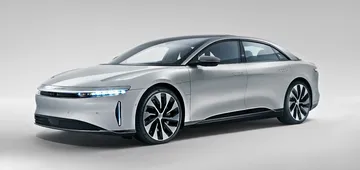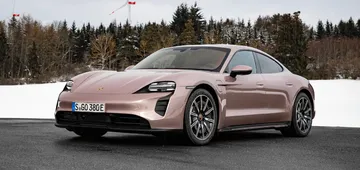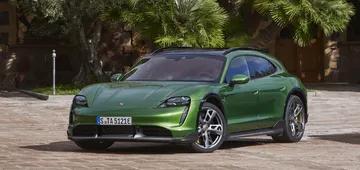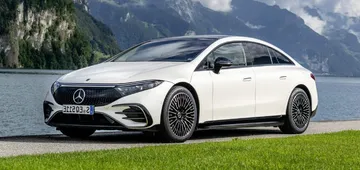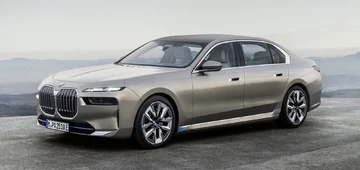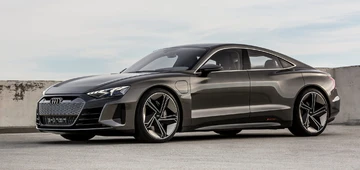Witness the New EQS Pass Its Environmental Audit!
A comprehensive life cycle assessment (LCA) is conducted by Mercedes for its vehicle models, encompassing all environmental aspects ranging from raw material production to end-of-life vehicle recycling. Independent auditors review the extensive documentation. The 2023 Mercedes EQS, which is based on electric architecture for larger cars, has successfully undergone a validation audit. The "360° Environmental Check" provides comprehensive details regarding consumption, emissions, life cycle assessment, renewable raw materials, and the use of recyclates.
For a life cycle assessment of an electric car, the manufacturing of the high-voltage battery and charging process must be considered. Mercedes-Benz has two calculation scenarios, one using "EU electricity mix" and the other using renewable energy. The assessment is based on a mileage of 186,411 miles for the EQS.
The EQS battery cell cathodes contain cobalt up to 10%. The EQS is made of components that weigh 176 lbs and are made from recycled and renewable materials. The EQS has an impressive aerodynamic design with a Cd figure as low as 0.20, making it the most aerodynamic production car in the world. This design gives it a range advantage of 4-5% over other electric cars. The roof of Factory 56, where the EQS is produced, has 12,000 photovoltaic modules that can cover 30% of the factory's energy needs on an annual average. Factory 56's energy requirement is 25% lower than that of other Mercedes-Benz assembly buildings.
Factory 56 has greened 40% of its roof area and utilized recycled concrete for the first time in the main building. By 2022, Mercedes-EQ will produce eight electric vehicle series at seven locations on three continents. The floor coverings are now made of a new yarn that consists of regenerated nylon, which can save more than 6.5 tons of CO2 compared to virgin material. Mercedes-Benz Energy and its partners have already implemented three large-scale storage systems with a total of around 50 MWh of energy from automotive battery systems onto the German grid, where the batteries can have a second life after use in the car. The first 2nd-life battery storage system was connected to the grid in Lünen, Westphalia, in October 2016.
90% of the suppliers have declared their intention to produce CO2-neutral parts in the future, and only such materials will be allowed through the Mercedes-Benz plant gates from 2039. In 2018, 120 suppliers were identified and audited as part of efforts to create transparency in cobalt supply chains. Mercedes-Benz's lithium-ion battery production will be CO2-neutral by 2022, and they have also made strategic partnerships to purchase CO2-neutral battery cells.
